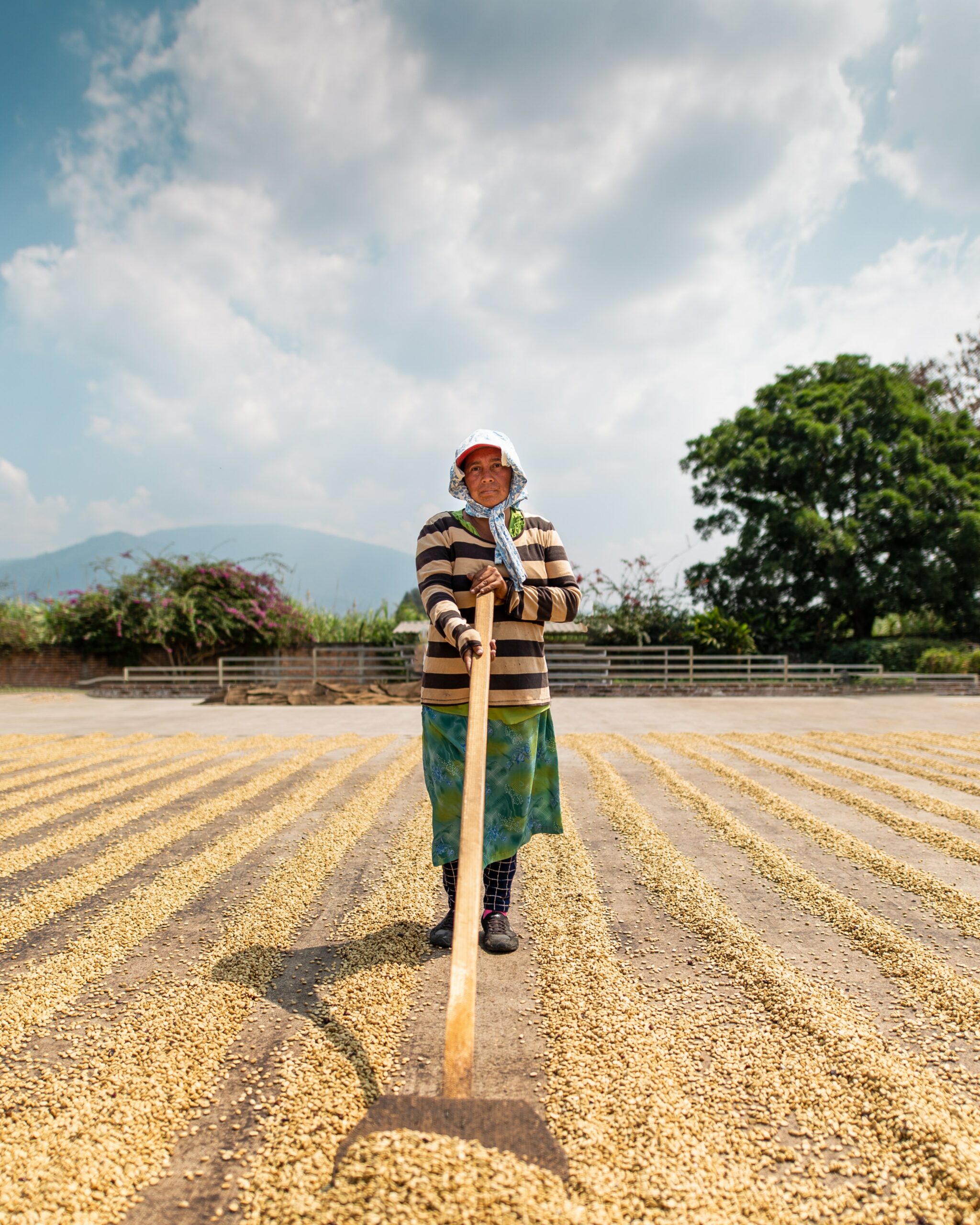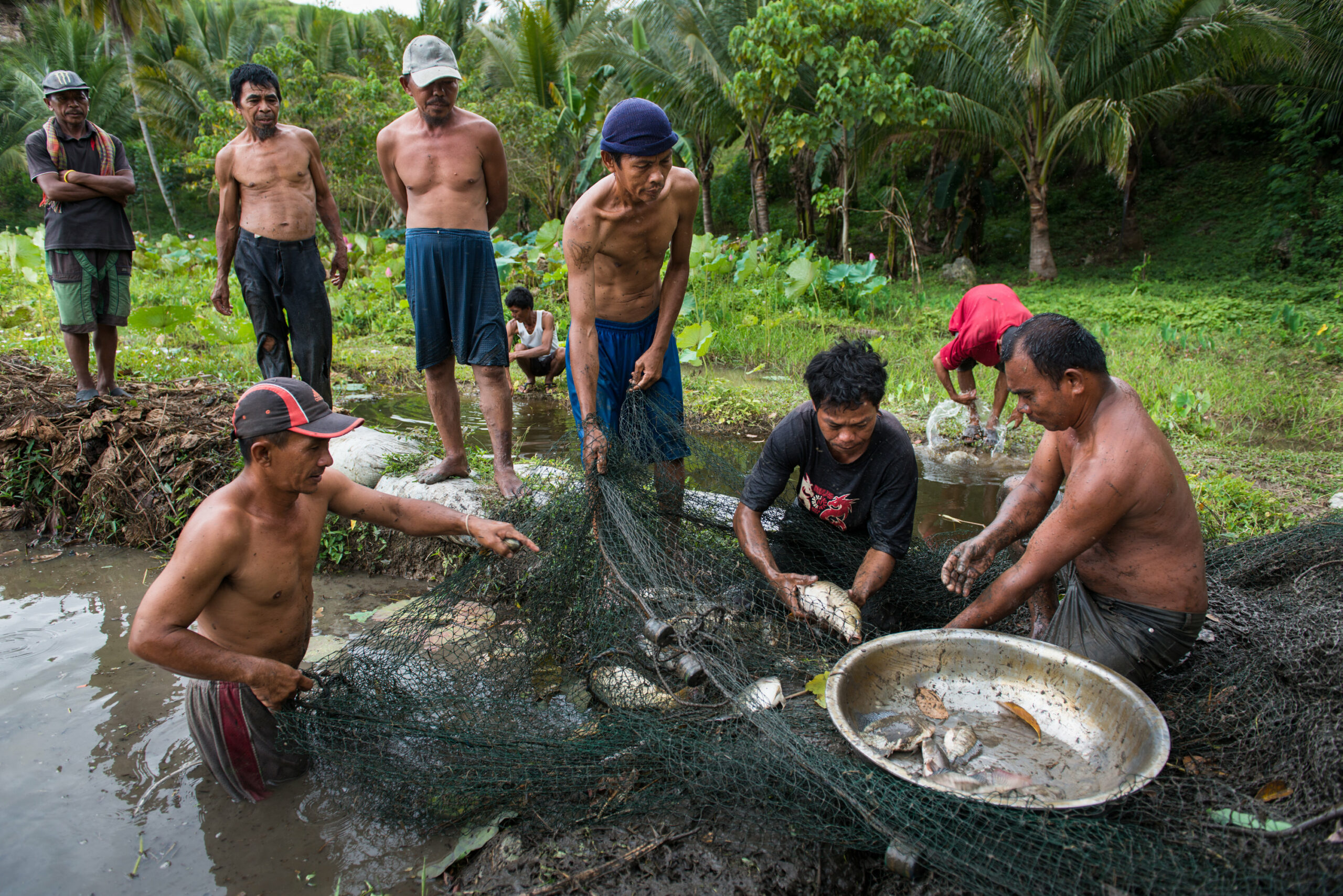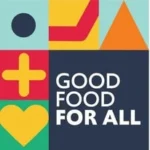The UN estimates that an additional 122 million people faced food insecurity in 2022 than in 2019. A set of compounding and interconnected crises, including the impact of the COVID-19 pandemic and the war in Ukraine, a growing number of conflicts in other regions, economic shocks and climate change, are putting SDG2 – the global global to end hunger and all forms of malnutrition – further out of reach.
The world’s more than 500 million smallholder farmers are a critical ally in ensuring good food for all. As a global leader on food security, Australia can help to unlock the power of smallholder farmers and rural communities that would not only see themselves nourished and prospering but also contribute towards transforming food systems and the achievement of the Sustainable Development Goals (SDGs). Up until 2004, Australia had been a member of The International Fund for Agricultural Development (IFAD), the only UN agency singularly focused on improving the lives of rural people, especially women and indigenous farmers, with a proven track record. With just six years till the deadline of the SDGs, a global food crisis that is reversing decades of progress and the potential of smallholder farmers to address the dual food and climate challenges, it is critical that Australia rejoins IFAD and supports their critical work now more than ever.
“Farmers stand on the frontline of the climate crisis and at the forefront of climate solutions. Must ensure our food producers have the capacity to do what they do best – grow delicious and nutritious food for us. This support needs to come from all levels and directions – and that includes Australia’s contribution to IFAD,” says Dr Anika Molesworth.
Smallholder farmers are caretakers of the natural environment. Their tireless work replenishes the soils, boosts local biodiversity and safeguards water. Smallholders are the anchors of rural communities, where an estimated 3 billion people or 40% of the global population live and depend on agriculture for their income. As the backbone of local and regional food systems, smallholder farmers grow a third of the world’s food. Africa’s 33 million smallholder farms contribute to 70% of the continent’s food supply.

In recent years, smallholders have faced multiple overlapping challenges that risk lives and livelihoods. As a result of chronic poverty and food and nutrition insecurity, generations of smallholders are trapped in poverty. The high cost of fertilisers and seeds further reduces incomes. Poor infrastructure and high transaction costs hampers smallholders’ access to markets. And now, they are also on the front lines of persistent droughts and unpredictable weather conditions without the tools needed to adapt. Recent farmer protests from Paris to New Delhi speak to this increasingly precarious position. Female farmers are unduly burdened due to the lack of access to resources and unpaid care responsibilities, creating a 24% productivity gap between female and male farmers.
With the right policy and financial support, smallholder farmers are uniquely positioned to help us address both the climate catastrophe – driven in part by our food systems – and the backslide in food and nutrition insecurity. Increasing the productivity of smallholder agriculture and building resilience in local and regional food systems are key to improving farmer’s livelihoods and access to affordable healthy diets, to mitigate and adapt to climate change, and to accelerate progress towards SDG2. Rural communities must prosper for the world’s realisation of the Global Goals.
“Farmers stand on the frontline of the climate crisis and at the forefront of climate solutions. Must ensure our food producers have the capacity to do what they do best – grow delicious and nutritious food for us. This support needs to come from all levels and directions – and that includes Australia’s contribution to IFAD”, says Dr Anika Molesworth.

Australia has joined global efforts recognising the vital role of smallholders farmers, improving food insecurity and boosting farmers’ livelihoods. Just last year, Australia joined the G7 and partner countries to launch the Hiroshima Action Statement for Resilient Global Food Security that positioned smallholders farmers and their improved access to markets, technical upskilling and capacity building as a central addressing global food security and building inclusive food systems.
Supporting IFAD’s projects that reach 90 million people in nearly 100 countries, many of which are climate-vulnerable, is a vital opportunity to translate these words into impact on the ground. Their presence in each of the Pacific nations makes IFAD a valuable partner for smallholder farmer’s adaptation in the region. Australia’s assistance to IFAD would signal to the world that the country stands with smallholder farmers everywhere and recognizes their contribution to global food and nutrition security. This important step will set the tone for a year full of potential to break the cycle of food crises and put the world on track to end hunger by 2030.







